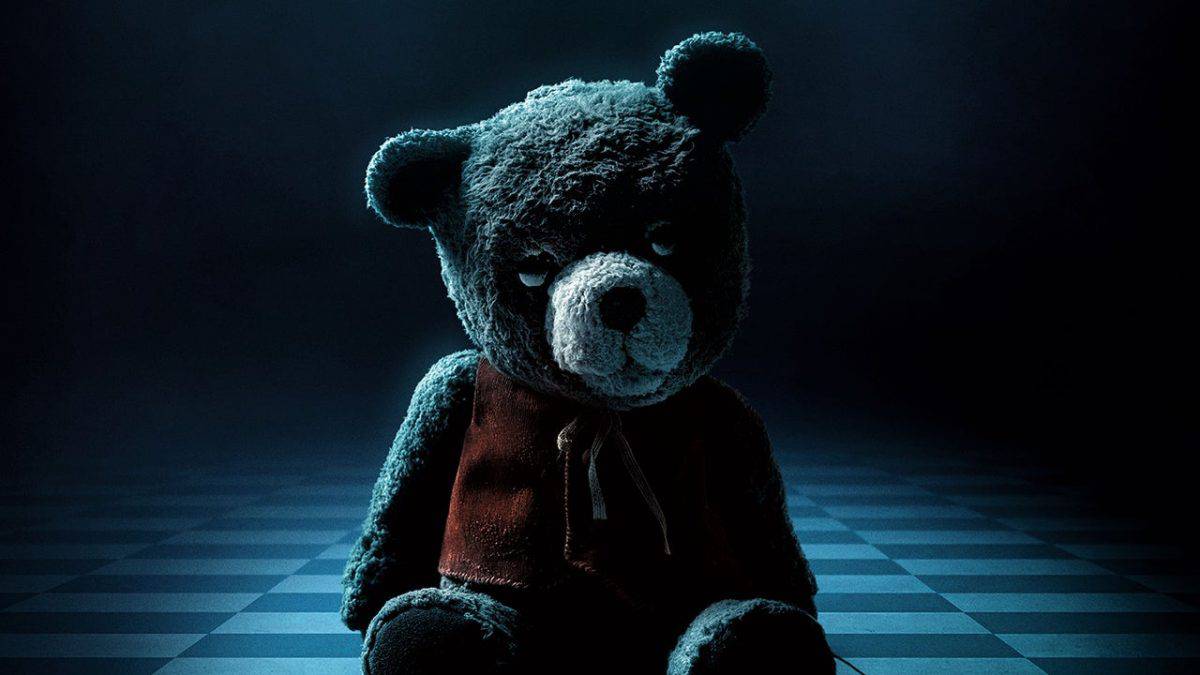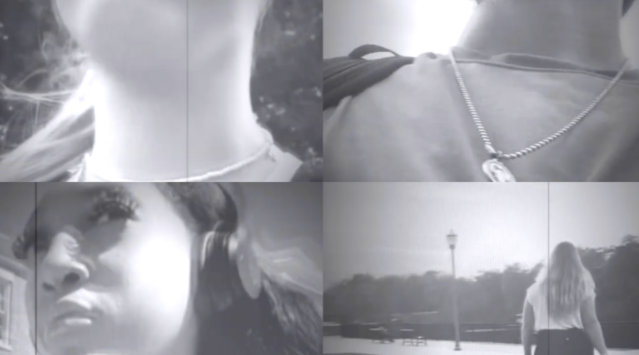For the sake of avoiding redundant buildup, let us jump straight to the inevitable conclusion: “Imaginary” is a severely lacking film.
Like many of the idea-based horror properties to come out of Blumhouse — prominent examples include “The Black Phone,” the “Purge” movies, last year’s “Sick” or even this year’s “Night Swim” — the concept is not the issue here. At face value, the idea of children’s imaginary friends existing as demonic entities is intriguing and, dare it be said, outright creative.
Also like many Blumhouse movies, however, the final product flubs the premise.
It isn’t necessarily that “Imaginary” doesn’t do some justice to what is truly a solid foundation. We’re primarily focused on the bizarre, increasingly supernatural relationship between the young Alice and her imagined friend Chauncey, who appears to us as naught but a stuffed bear. When the film fully leans into the bizarreness of this imaginary relationship and how it manifests in hypothetical or tangible form, it’s at its most engaging.
The hypothetical can be seen in the character of Gloria, a babysitter who once witnessed a supernatural imaginary friendship and has since dedicated her life to academic study on the subject; the film portrays well her obsessive tendencies via displaying her copious research and published volumes. Theory spills into reality when the sprawling realm of imagination is proved real, a daunting and seemingly endless labyrinth of chaos.
Unfortunately, what little merit the movie earns in treating its concept is canceled out and frankly overpowered by a lack of logical consistency. This is a prevalent issue in modern horror, especially in flashy “idea” projects like those Blumhouse distributes. Often there is an idea with legitimate potential, but rather than vitalizing the film through that idea, writers and directors underuse it or misuse it as a funnel into cheap jump scares and surface-level thrills.
Such misuse is pervasive in “Imaginary.” As in the examples above, the film frequently gets to the skeleton of the concept, but anything of substance is subpar or even confounding.
How exactly does this world of imaginary friends work? Is there a separate imagination realm for each entity, and does it morph according to its respective line of kids?
More questions remain: Is this world tied to the mind of the kid, or is it bound by a geographical place and how does the imaginary monster choose what shape to take?
While imaginary friends make sense, how does a child reach the point of imagining a stuffed animal as Alice does with the bear, especially when they likely already have several?
More specific: How exactly do they defeat the monster (Bear? Demon? Primordial being?) and escape from its realm? There’s no true emotional payoff to signify victory over the imagination, so there’s no theme to walk away with.
The characters simply outrun the friend and then burn the house behind them. This ties back into the question of mind or place — if there was no emotional or intellectual defeat, why does burning the house matter? If it was indeed tied to place … why? Isn’t it then more about a “haunted house” than a haunted child and their imagination?
These questions might seem overly analytical when put to page, but even if viewers aren’t thinking in such scrutinizing terms, the lack of logic can be felt. World-building is crucial to a compelling story, irrespective of whether it’s as vast as “The Lord of the Rings” or as small-scale as “Imaginary.” Even casual viewers can tell when minimal thought has been put into a story.
It doesn’t help that there was a similarly minimal amount of effort in most other areas. The script is frequently difficult to listen to, with quips and back-and-forths so overwrought that no delivery could save them. The scares are almost completely weightless, rendering this at best an underwhelming thriller. Simply put, it’s just sloppy.
What “Imaginary” isn’t, however, is a massive surprise. While it is of notably low quality, it’s merely another trough on the wave of Blumhouse’s movie output. We’re likely to get something resembling a solid horror flick sometime soon, but in the meantime, all that remains is to sit in cynicism over the modern state of the mainstream genre. Perhaps a palate-cleansing A24 watch is in the cards.
“Imaginary” holds a 26% critics’ rating on Rotten Tomatoes, 4.8/10 on IMDb, and a 2/5 on Letterboxd.









